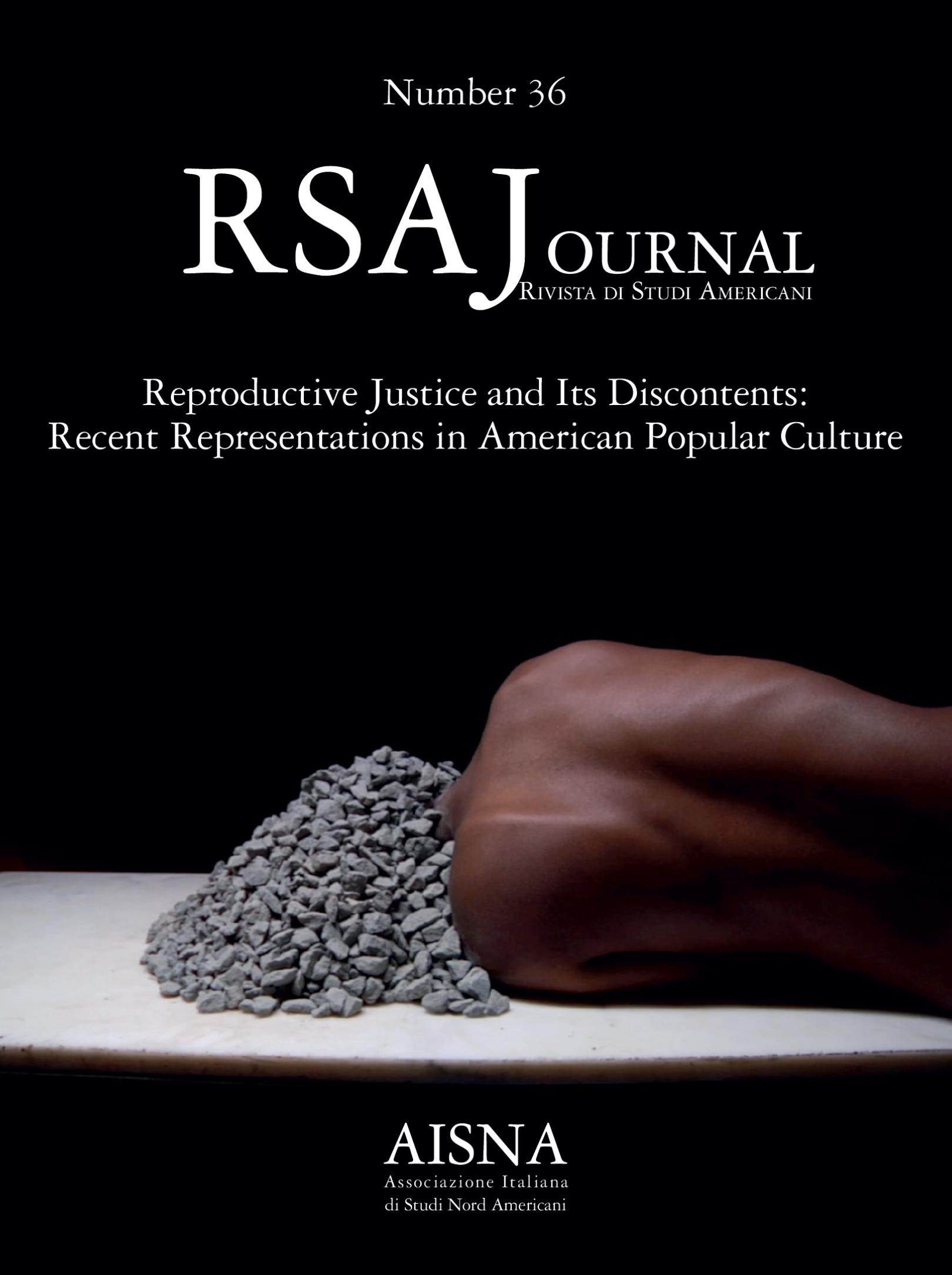Subverting Immigrant Autobiography in the US
Carlos Bulosan’s “American Is in the Heart” and Louis Adamic
DOI:
https://doi.org/10.13135/1592-4467/11636Keywords:
Carlos Bulosan, Louis Adamic, Immigrant Autobiography, Filipino Diaspora, Ethnic ExpectationsAbstract
This essay attempts to demonstrate how Louis Adamic’s material and intellectual influence, as well as his textual model, contributed to the writing of the Filipino American foundational text, Carlos Bulosan’s America Is in the Heart (1946), a classic of Asian American literature. Starting with the renowned friendship between the two authors and emphasizing Adamic’s support in guiding Bulosan through the ethnic expectations of the US editorial market – with the suggestion of the autobiographical genre –, this essay argues that Bulosan’s employment and subversion of the immigrant autobiography was partly modeled on Adamic’s semi-autobiography Laughing in the Jungle (1932), a heterodox European immigrant autobiography centered on class issues, social struggle, and the deconstruction of the American dream. The essay offers a brief comparative recognition of immigrant autobiographies written by European and Asian immigrants and their different canonical understanding through the classic works by William Boelhower and Elaine H. Kim. Then, drawing from archival materials and intertextual analysis, the essay argues that America Is in the Heart’s structure, the narrator’s skepticism toward assimilation policies and his attachment to the country of origin, are indebted to Adamic’s influence because of formal and thematic similarities with his semi-autobiography. Nonetheless, the US colonial history of the Philippines and the author’s background rooted in rural Pangasinan, set Bulosan’s text apart from both the European American and Asian American autobiographical “traditions” and thus from the model of Younghill Kang – even though the two undergo the same racial prejudice by the editorial market. America Is in the Heart subverts the immigrant autobiographical genre by re-signifying the concept of “America,” juxtaposing American ideals with the harsh realities of violent exploitation and discrimination experienced by Filipino migrant workers. In doing so, it reframes “America” as a symbol of solidarity between racialized workers against the fascist corporate manifestations that worried Adamic in the 1930s.
Downloads
Published
Issue
Section
License
Copyright (c) 2025 Enrico Mariani

This work is licensed under a Creative Commons Attribution-NonCommercial-NoDerivatives 4.0 International License.
RSAJournal applies a CC BY-NC-ND license to all its contributions. This license enables reusers to copy and distribute the material in any medium or format in unadapted form only, for noncommercial purposes only, and only so long as attribution is given to the creator. CC BY-NC-ND includes the following elements:
- BY: credit must be given to the creator.
- NC: Only noncommercial uses of the work are permitted.
- ND: No derivatives or adaptations of the work are permitted.
Authors who publish with this journal agree to the following terms:
- Authors retain the copyright and full publishing rights for their submissions to the journal.
- Authors grant the journal right of first publication with the work simultaneously licensed under a Creative Commons Attribution-NonCommercial-NoDerivatives 4.0 International License that allows others to share unedited work for non-commercial purposes with an acknowledgement of the work's authorship and initial publication in this journal.
- Authors are able to enter into separate, additional contractual arrangements for the non-exclusive distribution of the journal's published version of the work (e.g., post it to an institutional repository or publish it in a book), with an acknowledgement of its initial publication in this journal.




